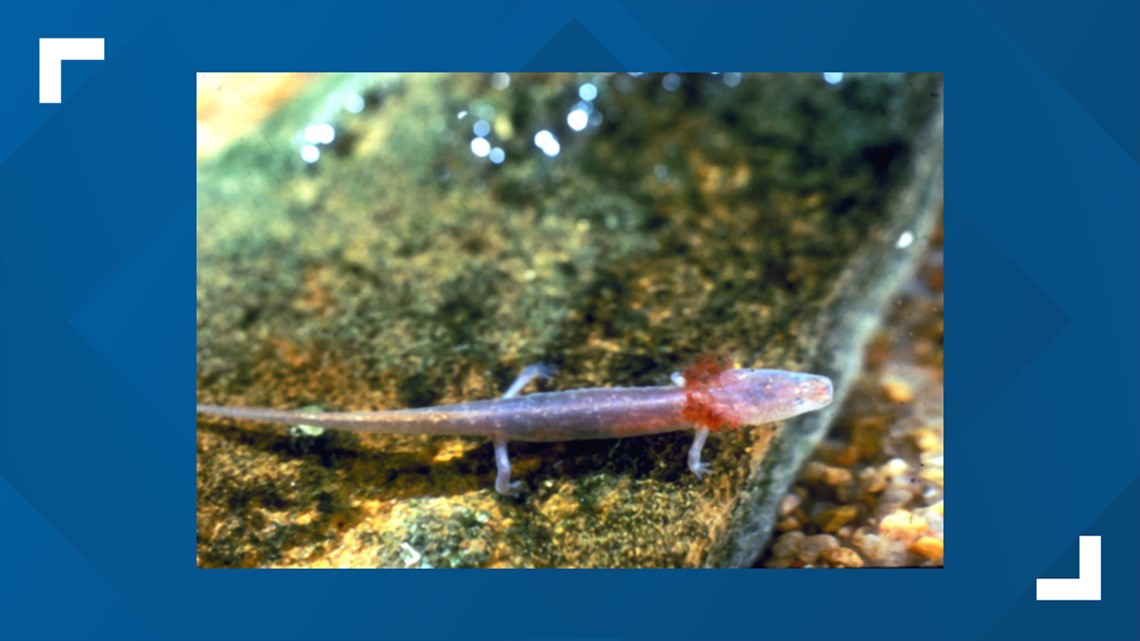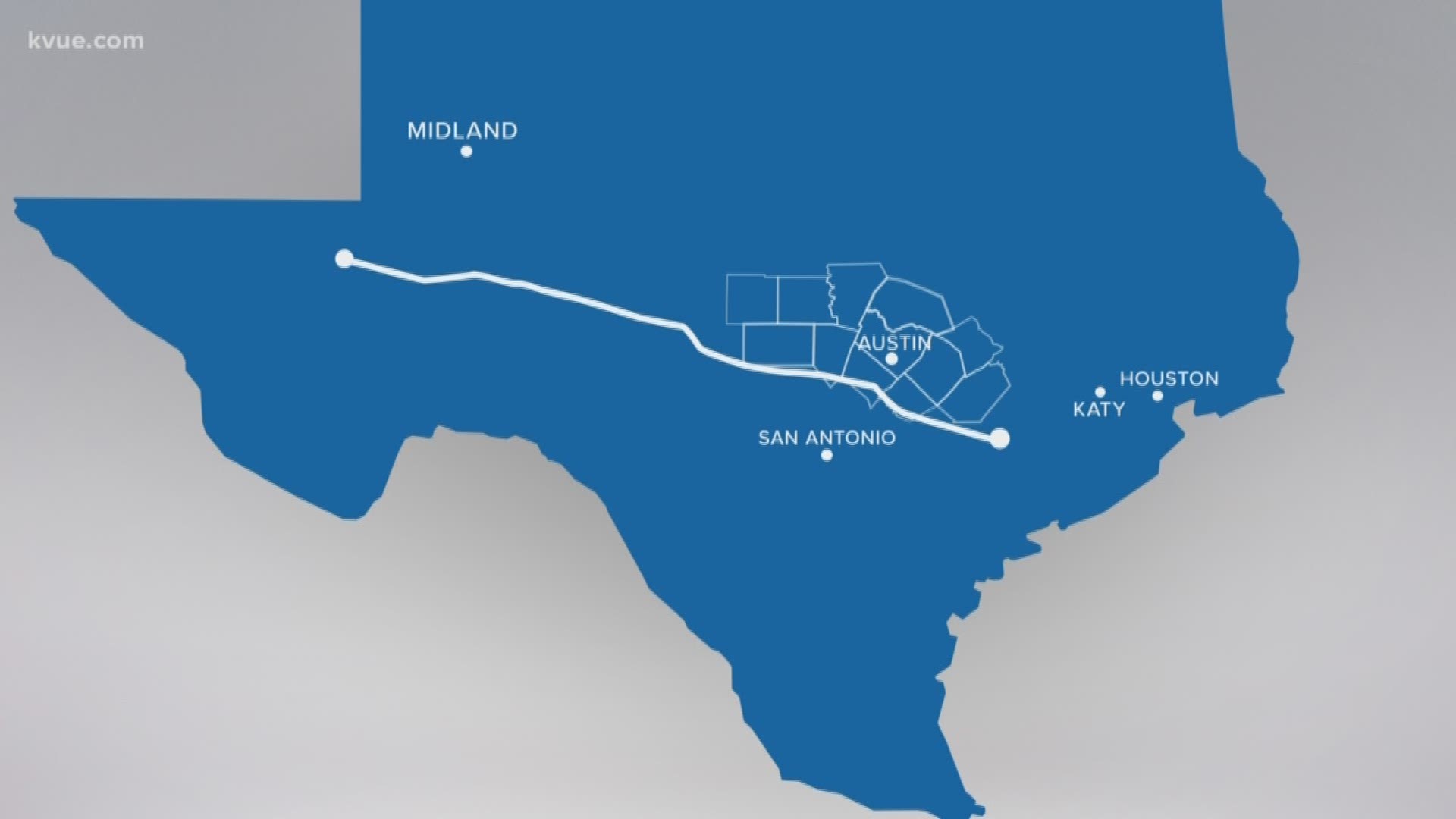AUSTIN, Texas — Editor's note: The video published above is a KVUE report from Jan. 2020 about a lawsuit filed against Kinder Morgan. Lawsuits such as this one would be illegal if House Bill 1683 were to pass, according to the City of Austin.
A bill filed in the 87th Texas Legislative Session could bring the future of Barton Springs Pool into question, according to the City of Austin.
House Bill 1683, filed by Republican state Rep. Brooks Landgraf, aims to prohibit state agencies and political subdivisions from interacting with the federal government to enforce federal oil and gas regulations if those rules don’t exist under Texas law.
“This is about protecting jobs in the Permian Basin,” Landgraf told KVUE sister station, NewsWest9. “Like no other time in history, American energy operations are being threatened and Texas must be prepared to resist overreach in the oilpatch. I filed HB 1683 to defend our oil fields, to defend Texas jobs and businesses from the tentacles of federal bureaucracy."
Despite the oilfield impact on the surface, the bill could also sever ties and agreements between either cities and state entities with the federal government. Barton Springs fits this mold because it is a federally-designated endangered species habitat of the Austin blind salamander and the Barton Springs salamander.


The City of Austin has a permit from the U.S. Department of Fish And Wildlife to keep the pool open to the public. Terms of the permit include requiring the City to protect the salamanders’ habitat, which means Austin must participate in legal and regulatory actions to protect local water quality for the species, according to testimony from Chris Herrington, the City of Austin's environmental officer, in a state House Energy Resources Committee on Monday.
A recent example of such legal actions came in the ongoing political ping pong match between numerous Central Texas entities and Kinder Morgan. Kinder Morgan is attempting to build its Permian Highway Pipeline through the Hill Country, which the City is one among many local municipalities to have claimed that the company is violating the Endangered Species Act.
The City claims legal actions like this would become illegal if House Bill 1683 is passed, and breaking that potential law would cause it to lose state grant funding.
In his testimony, Herrington asked for an amendment to the bill to address the City's permits with the U.S. Fish and Wildlife Service in compliance with the Endangered Species Act.
"Specifically, we must have an operating permit from the federal government to operate Barton Springs," Herrington said in the meeting.
He said the bill would force Austin “to choose between meeting our federal permit obligations at the cost of unrelated state grant funding, or closing our internationally famous springs."
A spokesperson for the Watershed Protection Department released the following statement on Tuesday:
"Austin has asked that HB 1683 be amended to clarify that the bill would not prevent Austin from complying with federal permit obligations. Austin has a federal permit to operate Barton Springs where two endangered salamander species live. This permit requires Austin to participate in regional actions that may affect the quality and quantity of water in the Edwards Aquifer, which feeds Barton Springs. Austin complies by providing comments and participating in permit actions for pipelines. As written, HB 1683 would prohibit us from continuing to comply with this federal requirement and put our federal permit for operating Barton Springs in jeopardy. We are looking forward to working with Chair Landgraf to address our concerns."
PEOPLE ARE ALSO READING:

